Can Industries/Factories run all Heavy Machines and Motors on Solar System?
In past, the solar systems used to be connected with the batteries that used to store the power before it was supplied to the machines and. Appliances. These solar systems were called as the off grid solar systems and were typically used as the backup for limited purposes.
However, with the technology break through and manifold increase in the reliability of electricity supply from the Discoms, the new age solar systems directly connect to the Discoms panel and Energy Meters via certain protections and relays. No batteries are required for these On Grid Solar systems as the much-required stability to match up the intermittent nature of solar power, is provided by the Discom power. Hence, the Discom acts as the large size battery for the On Grid Solar plants.
So, the solar works only when the power is available from Discom or from the DG sets.
These On-Grid systems generate power during sunny hours which are on average 1400 hours in an year in Delhi and NCR (Gurgaon, Faridabad, Ghaziabad, Noida etc) with few hours plus or minus. So out of 8760 hours in a year, the solar is available for around 16% of time assuming the full capacity of the solar plant. The electricity units generated during the solar hours help to reduce the electricity bill of the factory while also helping the Discom to reduce the peak loads in its network. Hence, the Discoms also support the setting up of rooftop solar systems in its area through Net Metering and Banking facility.
As the solar system runs in conjunction with the Discom power or Grid, the solar power can run virtually all the machines and motors in the factory. Hence, the solar systems have been adopted by heavy load industries including steel, automobiles, textile, pharma, chemicals, furniture, cold storages etc. Think of solar supply as a small pipe connected to a many times large pipe (Discoms’ supply) while feeding the electricity demand of the machines.
As Solar System is never supplying power directly to heavy machine and equipment, there is absolutely no risk to them. Such solar systems are cost effective also as they do not have expensive storage and battery systems.
Suggested Articles
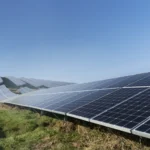
China’s Solar Industry Poised for Continued Growth in 2023 and Beyond
China’s solar industry is set for continued growth in 2023 and beyond, driving global renewable energy expansion and technological advancements.
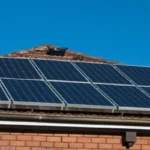
Top 7 Reasons of using Solar Power in the Industrial Sector
Top 7 benefits of solar energy for industries, including cost savings, environmental impact, and improved energy reliability.
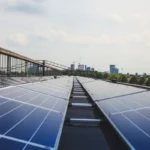
COP27: Harnessing Solar Energy for a Sustainable Future
COP27 is the latest in a long line of global climate conferences, which have been held regularly since 1994. The United Nations Framework Convention on Climate Change (UNFCCC) was created at the 1992 Rio Earth Summit.
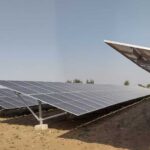
Financing made easy for the Rooftop Solar Projects
Solar roof top is expected to get a big push with the new…
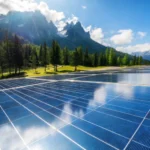
US Lawmakers Approve Tariffs on Solar Imports from Southeast Asia
US lawmakers vote to restore tariffs on solar imports from Southeast Asia, affecting pricing, supply, and the solar industry landscape.

End of rooftop solar subsidy for Industrial and Commercial consumers?
Roof top solar solutions are becoming increasingly popular…

Is your Solar PV Rooftop System Safe and Protected?
In the competitive market of Solar PV Rooftop industry…
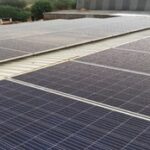
Yes, I Have Installed an Optimized Solar PV Rooftop System at My Premises
“Yes, I have installed an optimised Solar PV Rooftop System that will…

Solar Panel Subsidy Scheme in Haryana
Solar power is not only less expensive, but it is also the most abundant source of clean energy.
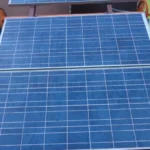
Your Comprehensive Guide to Types of Solar Panels available in India
Solar is among the fastest-growing industries in India. This is mainly because solar energy is not only renewable but is also attractive from a financial point of view.